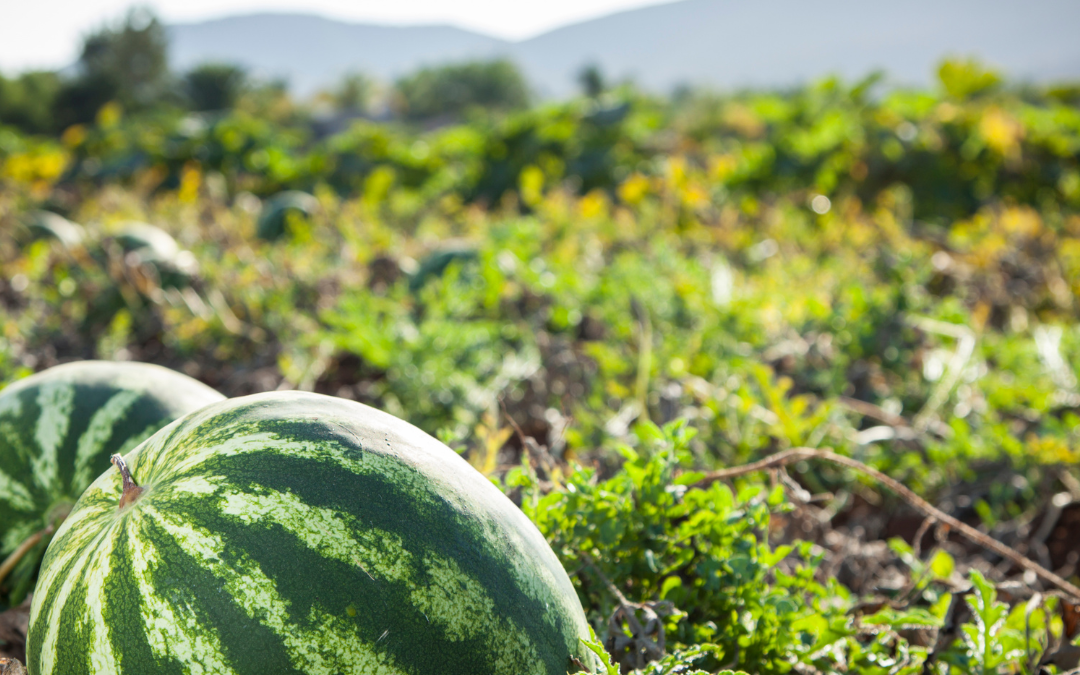Introduction:
Watermelon, the juicy fruit loved by many, isn’t just a tasty treat during Ramadan—it’s a symbol of something much deeper. In Islamic culture, especially during this sacred month, watermelon carries a lot of meaning beyond its refreshing taste. Let’s explore why this fruit is so special during Ramadan in a way that’s easy to understand and friendly, and also learn about its connection to the prophets.
The Symbolism of Watermelon:
Imagine watermelon as a messenger of blessings, abundance, and togetherness.
Here’s why:
Abundance and Joy:
In Islam, watermelon symbolizes the blessings and abundance that come from Allah. Its big size and plenty of seeds are like signs of good fortune and happiness. So, when you see watermelon on the table during Ramadan, it’s a reminder to be grateful for all the good things in life and to share our blessings with others.
Refreshment and Happiness:
Picture a hot day during Ramadan when you’ve been fasting. Now, imagine taking a juicy bite of watermelon—it’s like a burst of happiness! With its high water content, watermelon helps quench your thirst and cool you down, making it the perfect snack after a long day of fasting. It’s like a refreshing hug from nature!
Sharing and Caring:
Ramadan is all about generosity and caring for others. When families and friends gather to break their fast, sharing slices of watermelon brings everyone closer. It’s not just about the fruit; it’s about sharing love, laughter, and good times together. So, when you share watermelon during Ramadan, you’re spreading joy and kindness.
Cultural Connection:
Across many Muslim communities, watermelon isn’t just some fruit; it’s a tradition. From grandma’s recipes to neighbourhood gatherings, watermelon brings people together in celebration. It’s a reminder of our cultural roots and the shared experiences that make Ramadan special for everyone.
Watermelon: Beloved by Prophets
Did you know that watermelon was also one of the favourite fruits of the prophets? In Islamic tradition, it’s said that the prophets, including Prophet Muhammad (peace be upon him), enjoyed the sweet taste and refreshing qualities of watermelon. So, when we eat watermelon during Ramadan, we’re not just enjoying a delicious fruit—we’re also connecting with the traditions of the prophets and following their example of gratitude and moderation.
Why Watermelon Matters in Ramadan:
During Ramadan, watermelon isn’t just another fruit—it’s a symbol of gratitude, happiness, and community. Whether you’re biting into a slice or sharing it with loved ones, watermelon reminds us of the blessings we have and the importance of coming together as one big family. So, next time you enjoy a sweet, juicy piece of watermelon during Ramadan, remember the love and blessings it represents.
Conclusion:
Watermelon isn’t just a tasty fruit; it’s a symbol of blessings and togetherness in Islamic culture, especially during Ramadan. It’s refreshing taste and symbolic meaning remind us to be grateful, share with others, and celebrate the joy of community. So, let’s embrace the sweetness of watermelon and the spirit of Ramadan with open hearts and big smiles!
